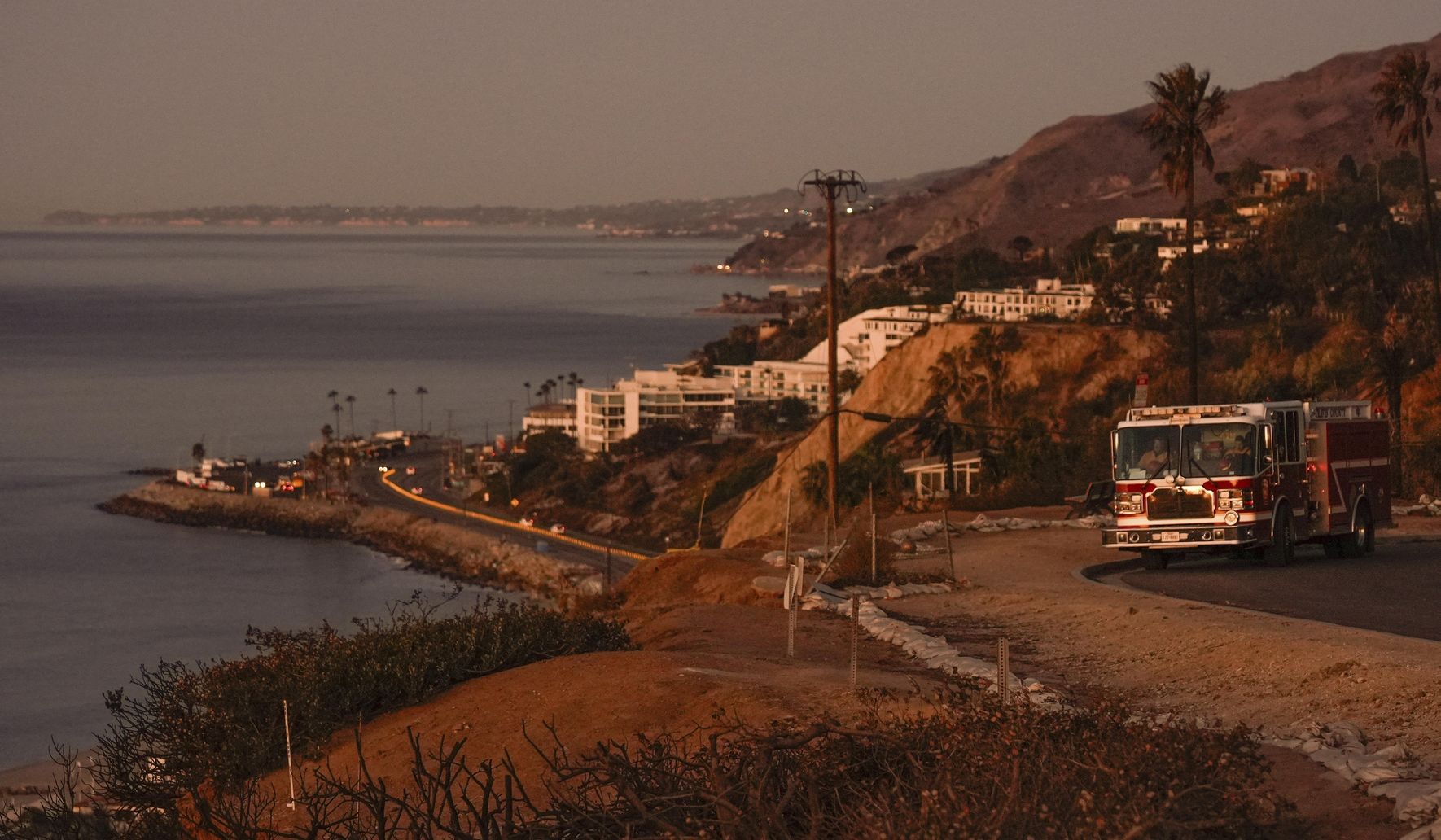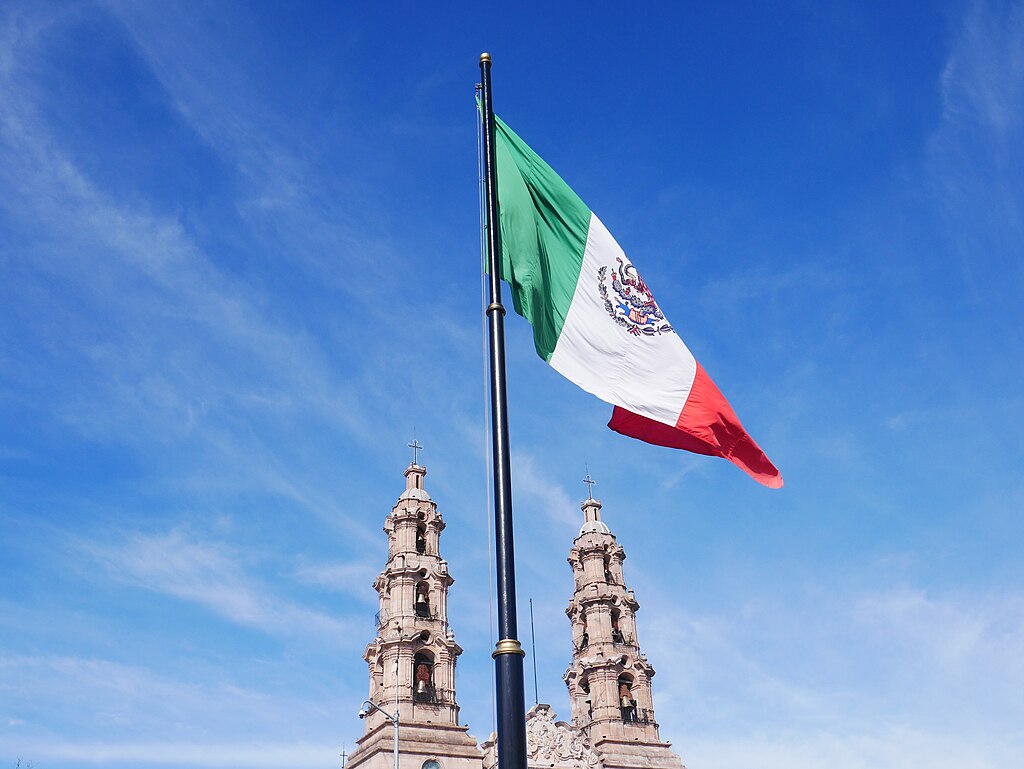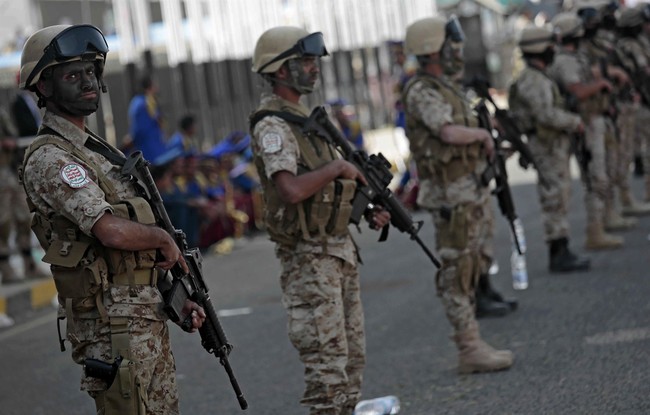Will Los Angeles Overcome Wildfires for 2028 Olympics?
The devastating wildfires in Los Angeles raise concerns about the city's readiness to host the 2028 Summer Olympics. Explore the challenges and political controversies surrounding this massive event.
Published January 18, 2025 - 00:01am

Image recovered from washingtontimes.com
The deadly wildfires that have swept through parts of Los Angeles have once again highlighted the city's vulnerability to natural disasters, prompting debate over whether it can successfully host the 2028 Summer Olympics. The disaster has forced reassessment of the massive preparations required to accommodate not just the Olympics, but also other significant events such as the World Cup in 2026 and the 2027 Super Bowl.
Although none of the Olympic venues were directly affected by the flames, the fires' proximity to key locations like the Riviera Country Club, slated to host Olympic golf, and UCLA, planned to house athletes, has sparked concerns. Officials insist that the ongoing fires, considered among the most destructive in U.S. history, have not derailed plans. According to the Los Angeles Office of Major Events, preparations remain on track, despite the evacuation zones impacting surrounding areas.
Despite local government assurances of readiness, critics are unconvinced. In particular, the NOlympics LA coalition and some political figures have expressed doubts about the region's ability to simultaneously manage the logistics of a global sports event and recover from such destruction. The staggering rebuilding tasks ahead, compounded by climate change-induced risks could impose significant demands on LA's infrastructure and public resources.
Voices from the political sphere also question the feasibility of these events. Noteworthy among them is Charlie Kirk, a prominent Trump supporter who argues that logistical failures—exemplified by the fires—indicate a lack of capability in handling the Olympics. Such rhetoric has been amplified by Donald Trump himself, who criticized local leadership, raising the specter of potential political interference in the games' administration.
The financial aspects of hosting the Olympics further complicate the situation. The approximately $7 billion budget for LA28, largely sourced from private funding, necessitates contributions to improve transportation and facilities. Last year, the federal government committed $900 million towards transport enhancements. However, critics argue that these investments largely serve visitor needs rather than those of Los Angeles residents.
Moreover, historical parallels with past global events add to the debate. Previous Olympics have been reshaped by unforeseen circumstances, such as Tokyo's pandemic-induced postponement. Nevertheless, experts suggest that cancelling or relocating the LA Games is extremely unlikely. The existing sports infrastructure provides LA an advantage, reducing the logistical hurdles associated with unplanned relocations.
Experts like Jonathan Aronson, a communication and global governance specialist, emphasize that the fires, despite their severity, are unlikely to jeopardize LA 28. He asserts that finding an alternative host at such short notice would be nearly impossible, given the complexities and commitments already in place.
Amidst the challenges, proponents insist that the spirit of resilience that has characterized Los Angeles in past adversities will see it through. According to LA28 Chair Casey Wasserman, the city's unity and strength will shine when Los Angeles hosts the world in 2028, turning the Olympic Games into a symbol of recovery and hope for the future.







